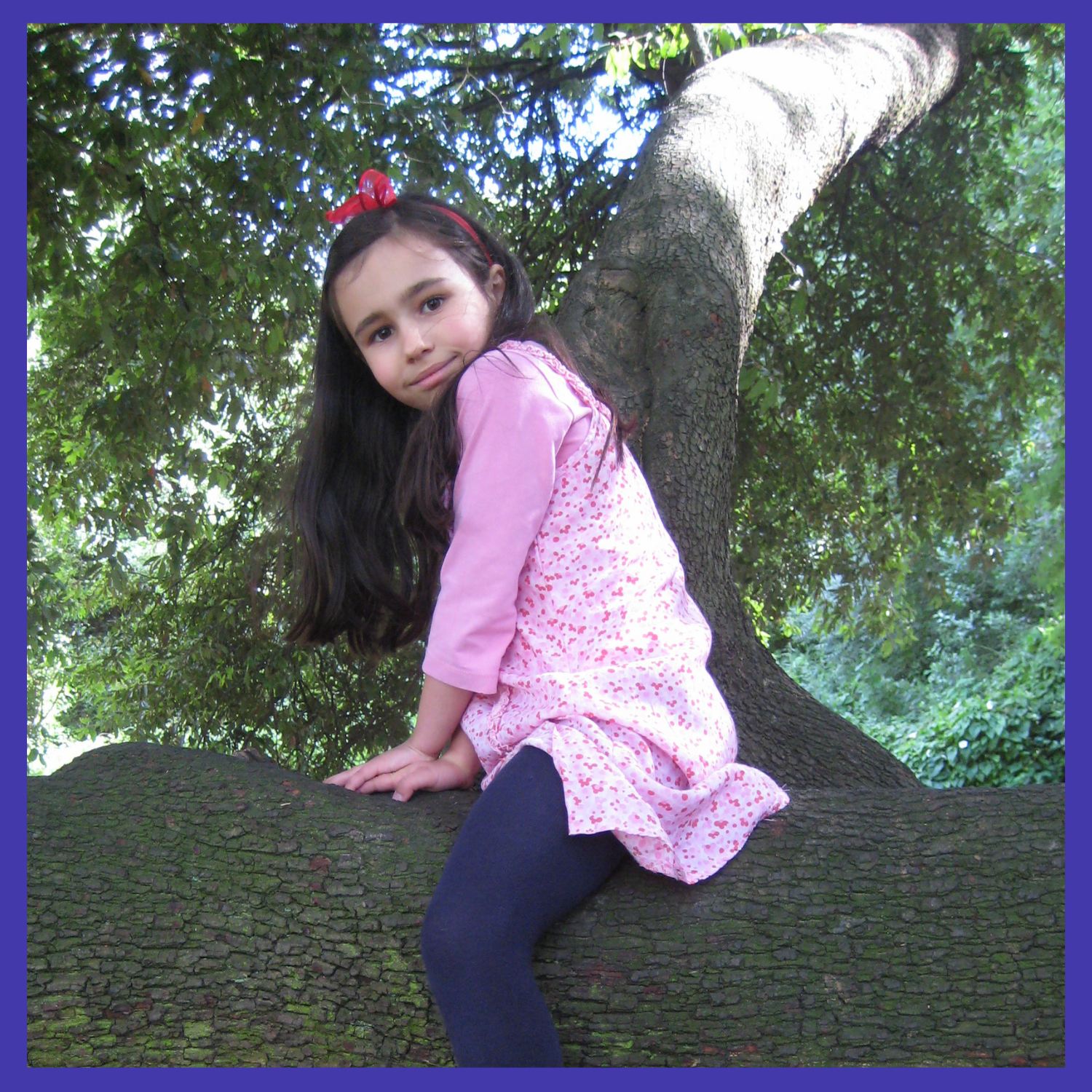Why Medical Research Matters; Why Hope Matters
During the inquest into our daughter Natasha's death from a severe allergic reaction to sesame, we were asked the question, 'What would you personally like to come out of everything that you have been through in the last few years? Clear ingredient and allergen labelling on all pre-packed foods was our obvious and immediate response - if it had been for this, Natasha would be alive today.
But there was something else too...a long-ago memory came to mind, it was a memory I’d been happy to forget because at the time, it had driven me to a feeling of incredible hopelessness.
When Natasha was about 18 months old, I was struggling to feel complete control to keep her safe. She was seriously allergic to milk, eggs, bananas, sesame seeds and nuts and had already experienced three life threatening reactions.
We had a fear of foods she may be allergic to we hadn’t yet discovered, foods she hadn’t been tested for and that may only present themselves when she reacted to them. Having witnessed it three times, our fear of anaphylaxis was huge.
At that time in 2002, there was little helpful allergy information to be found - anywhere. So I was really excited to learn of a seminar that was being held in London with a panel of Allergy Specialists who would each be giving a talk about allergy research, what was happening now and what the future held. I immediately bought a ticket.
On the day, there was a panel of four allergy specialists and an audience of about 30 people. There was an air of expectation in the room, I was feeling really positive. Medical research could hold the key to giving Natasha a life that was free from danger, a life where food was safe and maintained life, not the opposite.
The specialists gave their talks. They described research methods, trials and conclusions but none of the conclusions led anywhere that was meaningful to our lives. The most positive outcome we were told was that a mix of 11 Chinese herbs had halted anaphylaxis in lab rats. In the Q&A afterwards we all wanted to know more about these herbs but were told that each herb needed extensive research and to research all 11 would take many years. That was all.
I was horrified, that was all?
A mother in the audience shared with everyone how incredibly grateful she was to her local hospital A&E hospital department with whom she was on first-name terms because her son had been admitted so many times. The medics had saved her young son’s life from anaphylaxis on numerous occasions and whilst I completely understood her sentiment, all hope for Natasha’s future drained out of me in that moment.
I had attended the seminar looking for hope but had found none. Instead, a feeling of hopelessness overwhelmed me.
So when asked the question, “What would you personally like to come out of everything that you have been through in the last few years?” my answer was for hope. Hope for people living lives that are dictated and led by food allergies as ours had been. Hope for a safer future for our children, a future where food is not to be feared, where accidentally eating an allergen isn’t the stuff of nightmares.
On our journey since Natasha’s inquest, we have launched this amazing charity and have implemented Natasha’s Law across the UK. We have been raising awareness of food allergies across the UK to the public and to businesses, have asked the food industry to take the issue of allergies very seriously. Many have listened and have been instrumental through their generous donations to our first Natasha Clinical Trial.




